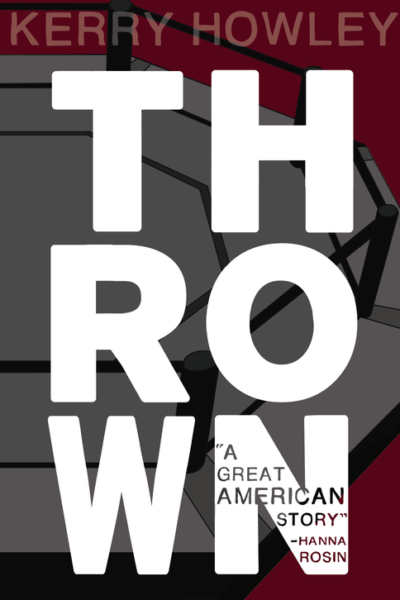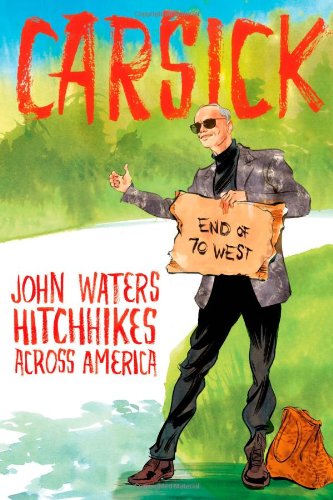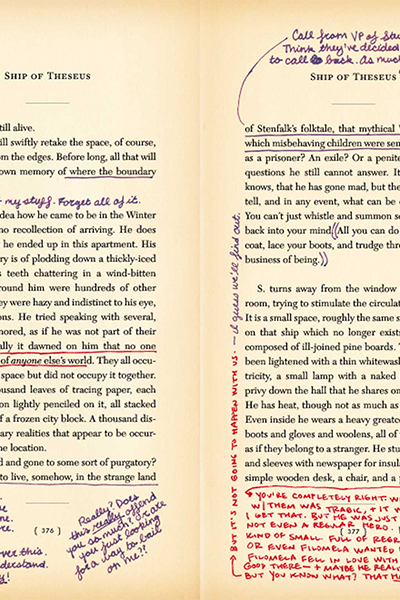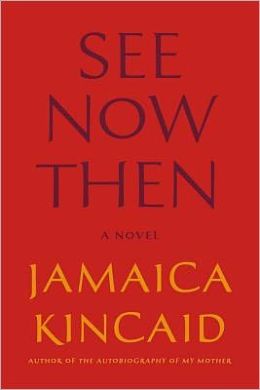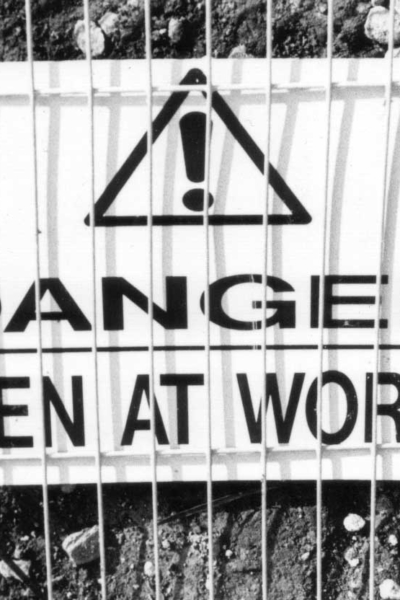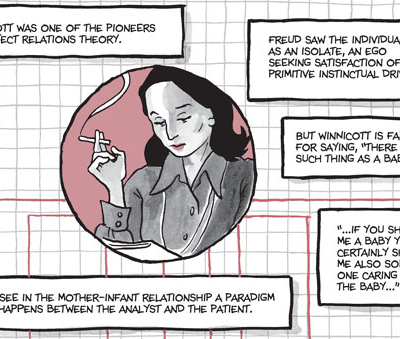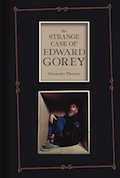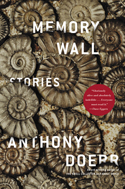Kit recalls the narrator of Vladimir Nabokov’s Pale Fire, her florid prose style straddling the brilliant and the bathetic, her solicitousness for her charges as paternalistic as it is admiring.
Ten years since his last movie, the cult film director seems to want to remind us in his latest book of his capacity for filth, but he is not exactly bad. The Pope of Trash himself comes off as wholesome and almost staid.
S., HOUSE OF LEAVES, and PALE FIRE treat metatext as mystery. But what’s the purpose of the authorial mystery story, not the whodunit but the whoisit?
See Now Then – Jamaica Kincaid
Whether Mrs. Sweet’s or Jamaica Kincaid’s, this failure of imagination is the novel’s gravest flaw.
The More They Stay the Same: THE END OF MEN, THE RICHER SEX, and the Not-So-New World Order
Mundy shows us a world full of Plastic Men (modern, adaptable, infinitely reinvented); Rosin shows us a world with no way forward. Is either option accurate?
Are You My Mother? – Alison Bechdel
Freed from the narrative demands that propelled FUN HOME, Bechdel crafts something intricate, internal, tightly woven even as it’s tortuous.
Reading her journals, we are always looking at Sontag looking at us looking at her.
Ten Thousand Saints – Eleanor Henderson
The book is less hagiography than Peter Pan, a band of orphans fighting their own way through a land of make-believe
The Strange Case of Edward Gorey – Alexander Theroux
“He throws many words at Gorey, often the same words over and over, in a litany that demonstrates the futility of getting at his core.”
“The real pleasures of the book come not from its insights into Memory and Time, but from that simplest narrative virtue of good storytelling.”



